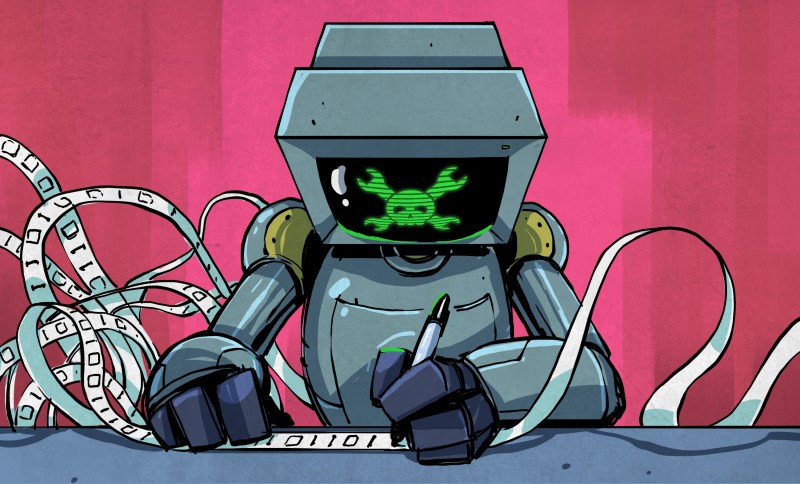Computing is really all about order. If you can take data, apply an operation to it, and get the same result every single time, then you have a stable and reliable computing system.
So it makes total sense that there is Operator Precedence. This is also called Order of Operations, and it dictates which computations will be performed first, and which will be performed last. To get the same results every time, you must perform addition, multiplication, power functions, bitwise math, and all other calculations in a codified order.
The question I’ve had on my mind lately is, does this …read more
Continue reading Ask Hackaday: Is There a Legit Use for Operator Precedence?→
